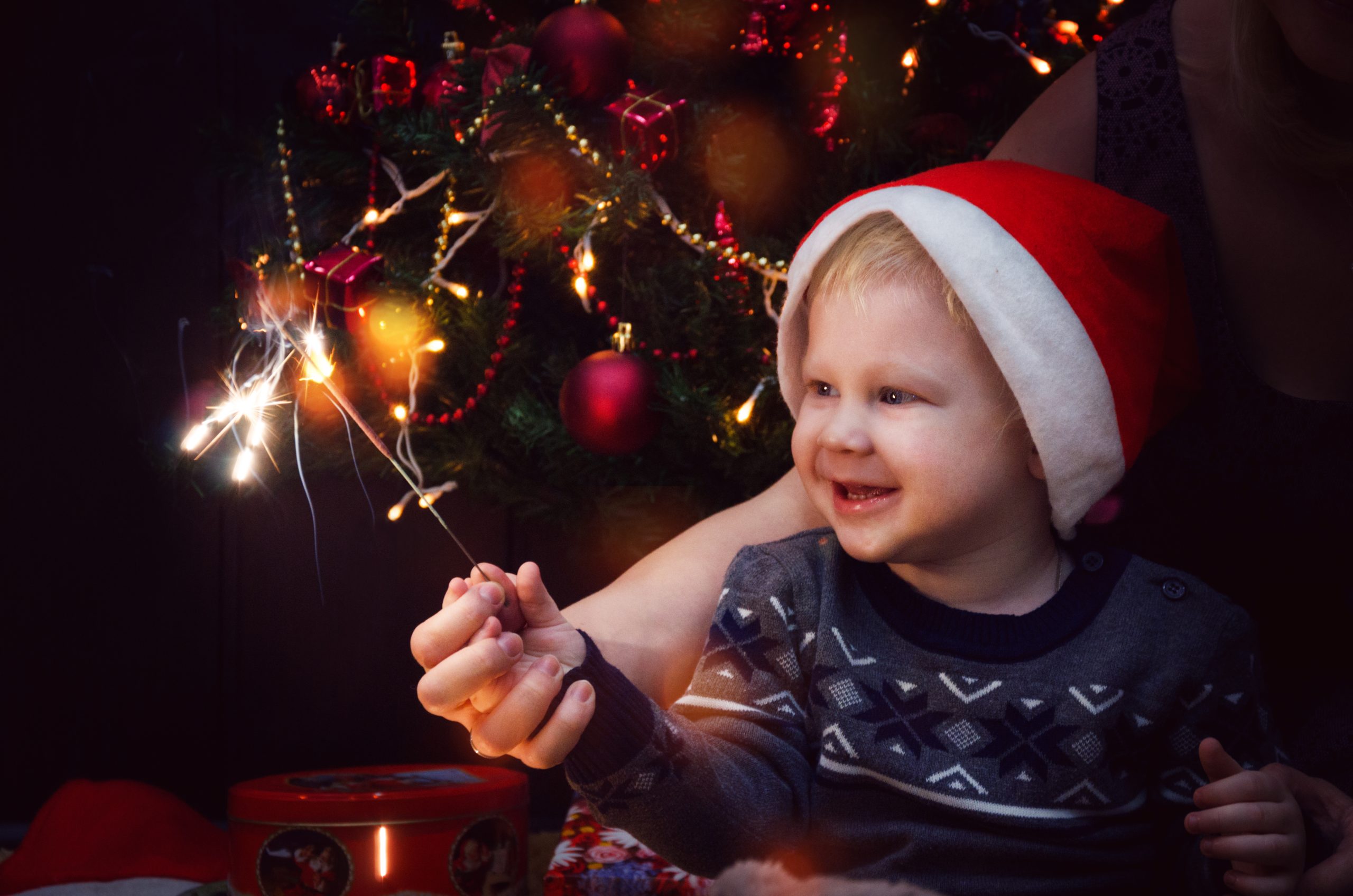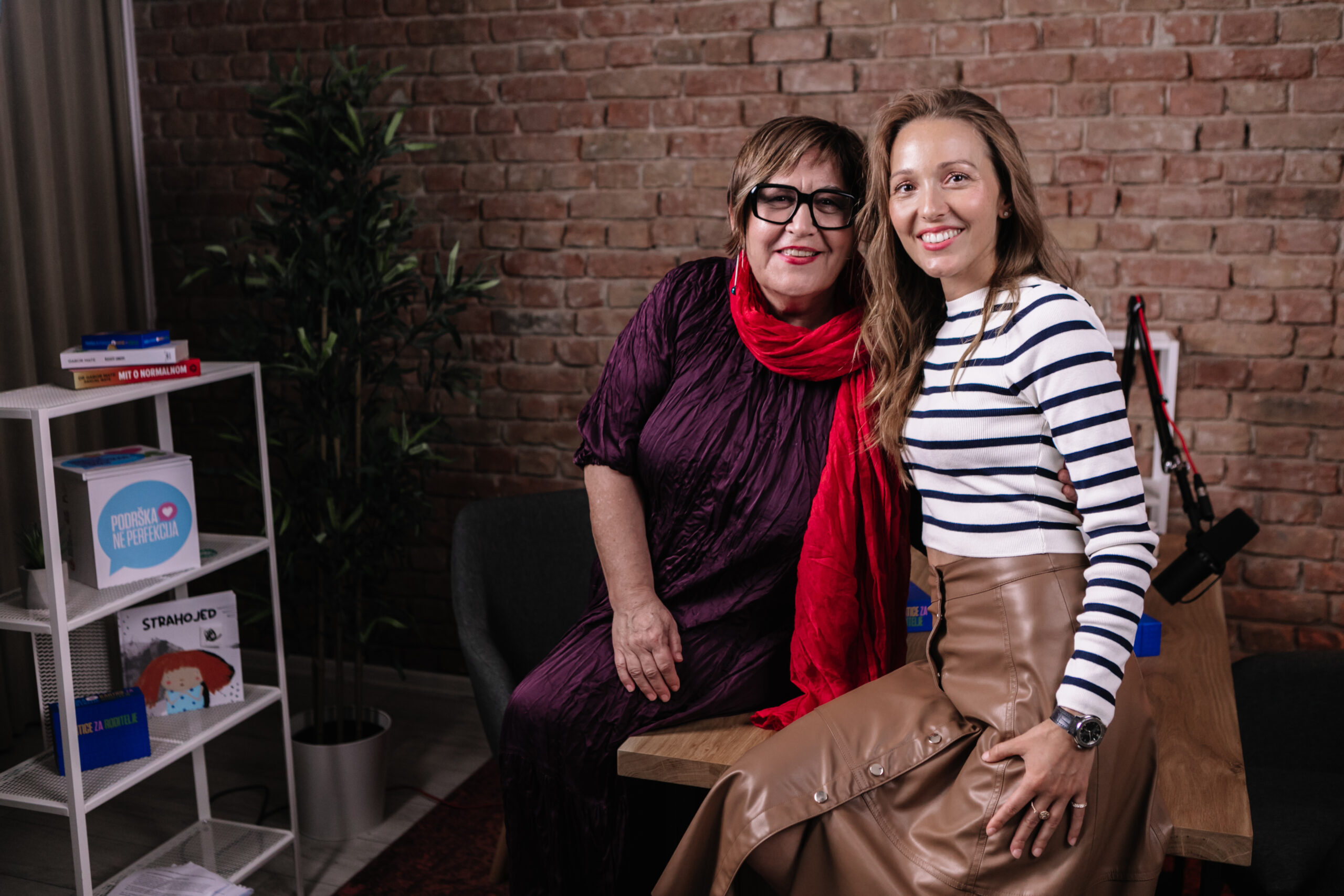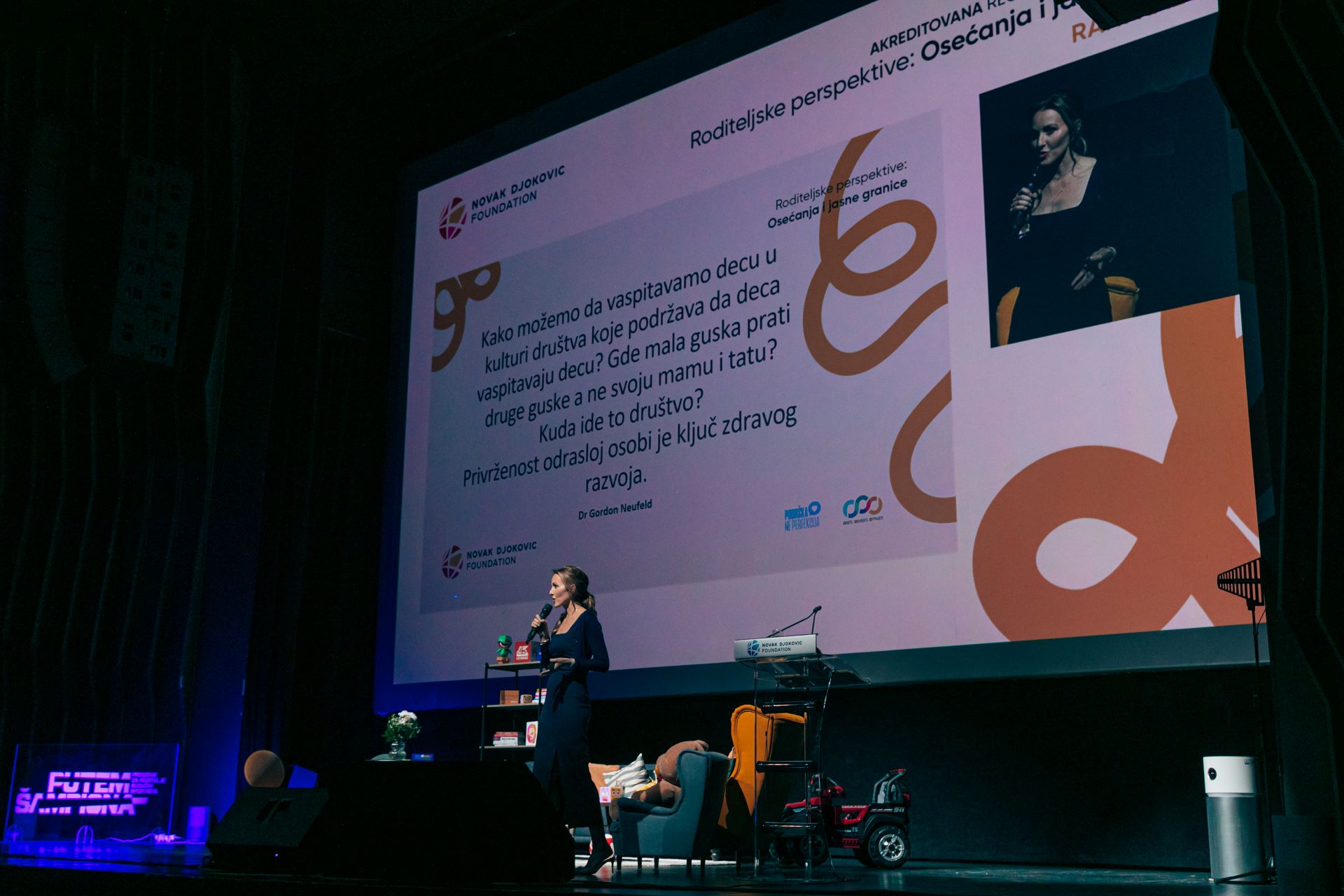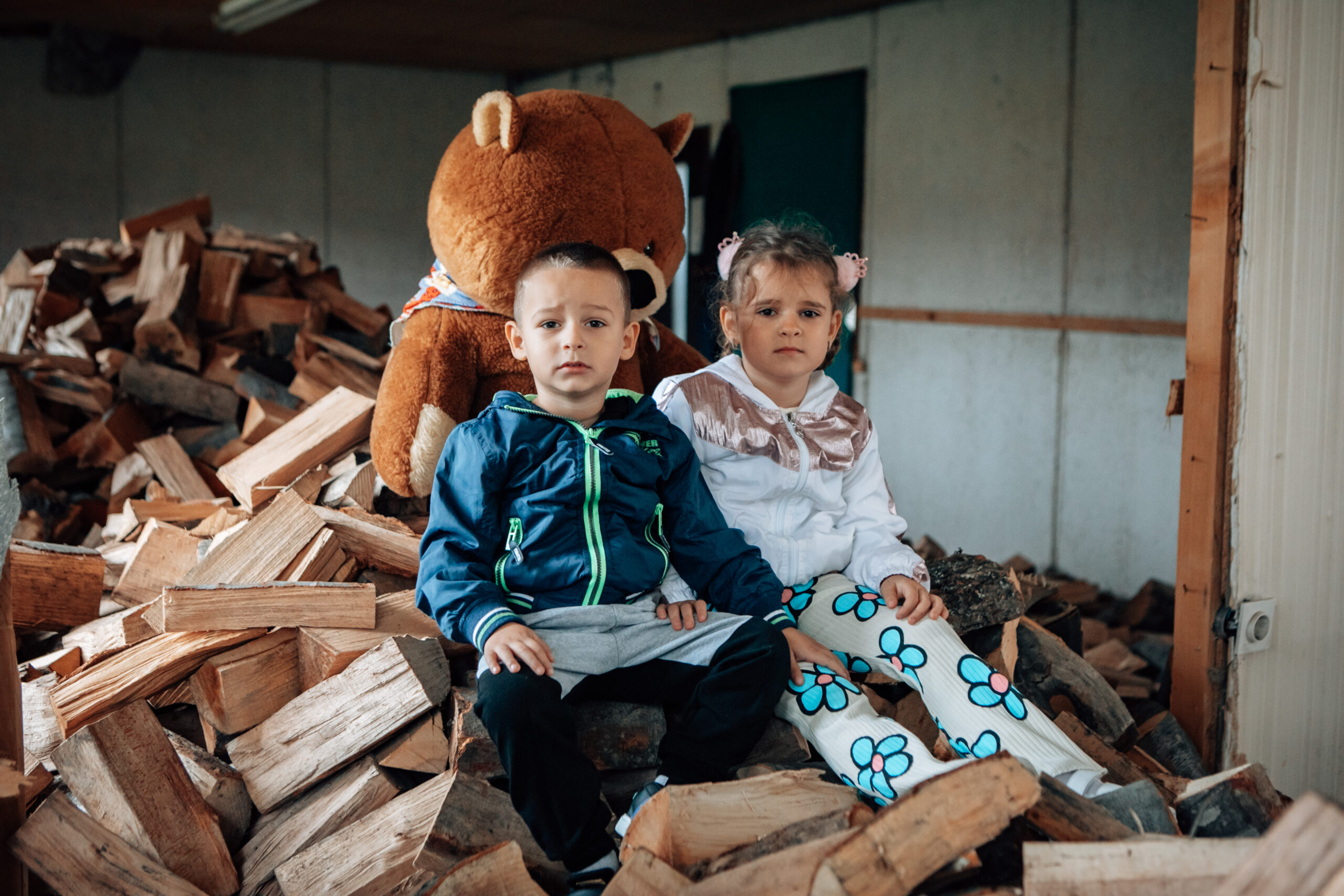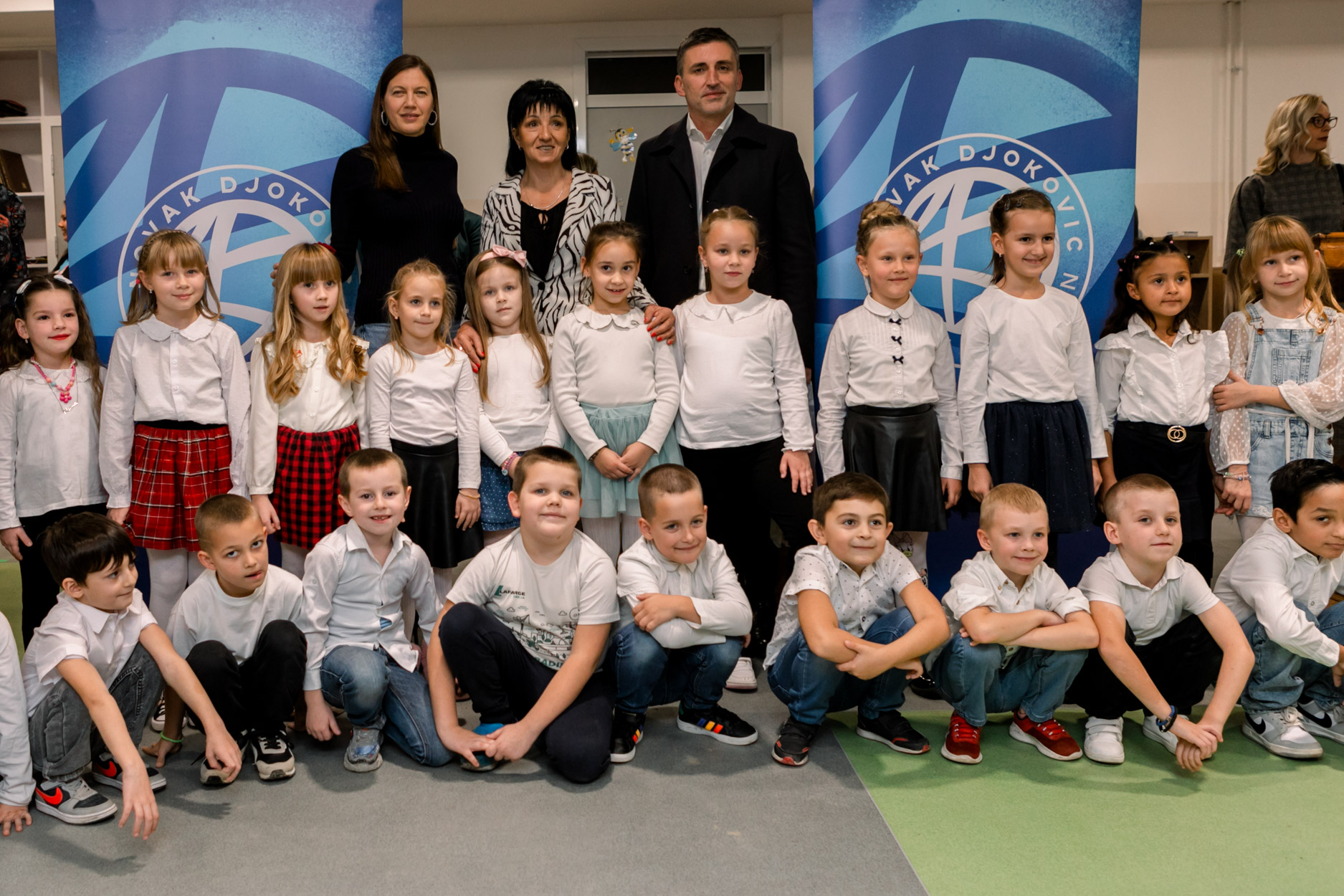Children love and look forward to holidays and the fun that goes along with each one. However, when parents visit an early childhood program at holiday time, what do they see?
Holiday environment with twinkly lights, sparkly mobiles from the ceiling and overly commercialized displays with little to no meaning or learning value. Or rather a festive atmosphere that helps children connect with the larger community and understand that holidays are celebrated in many ways and, just as they enjoy their celebration, children from other backgrounds enjoy their celebrations too.
Holiday celebrations are perfect opportunities for children to learn about our multicultural world and share traditions and values that are cherished parts of people’s lives. In pluralistic society, it’s important to raise children with a greater awareness of others around them, especially those who are different. But many early childhood professionals wonder what holidays to celebrate in their program or classroom and how to respect the cultures represented by all children. Many parents too, wonder why programs celebrate specific holidays or why they discourage any celebration at all.
According to the National Association for the Education of Young Children decisions about what holidays to celebrate are best made together by teachers, parents, and children. Families and staff are more comfortable when both have expressed their views and understand how a decision has been reached.
In addition, when planning holiday activities, the rules of good practice continue to apply:
- Are the activities meaningful to the children?
- Are their needs and interests being met?
- Is the activity a valuable use of children’s time?
Teachers may survey families at the beginning of the year to determine what holidays to celebrate. They may even ask the children to create their own holiday to help them learn the concepts that underlie such valued traditions. Holiday celebrations are just one way for programs and families to work together to create developmentally and culturally appropriate learning experiences.
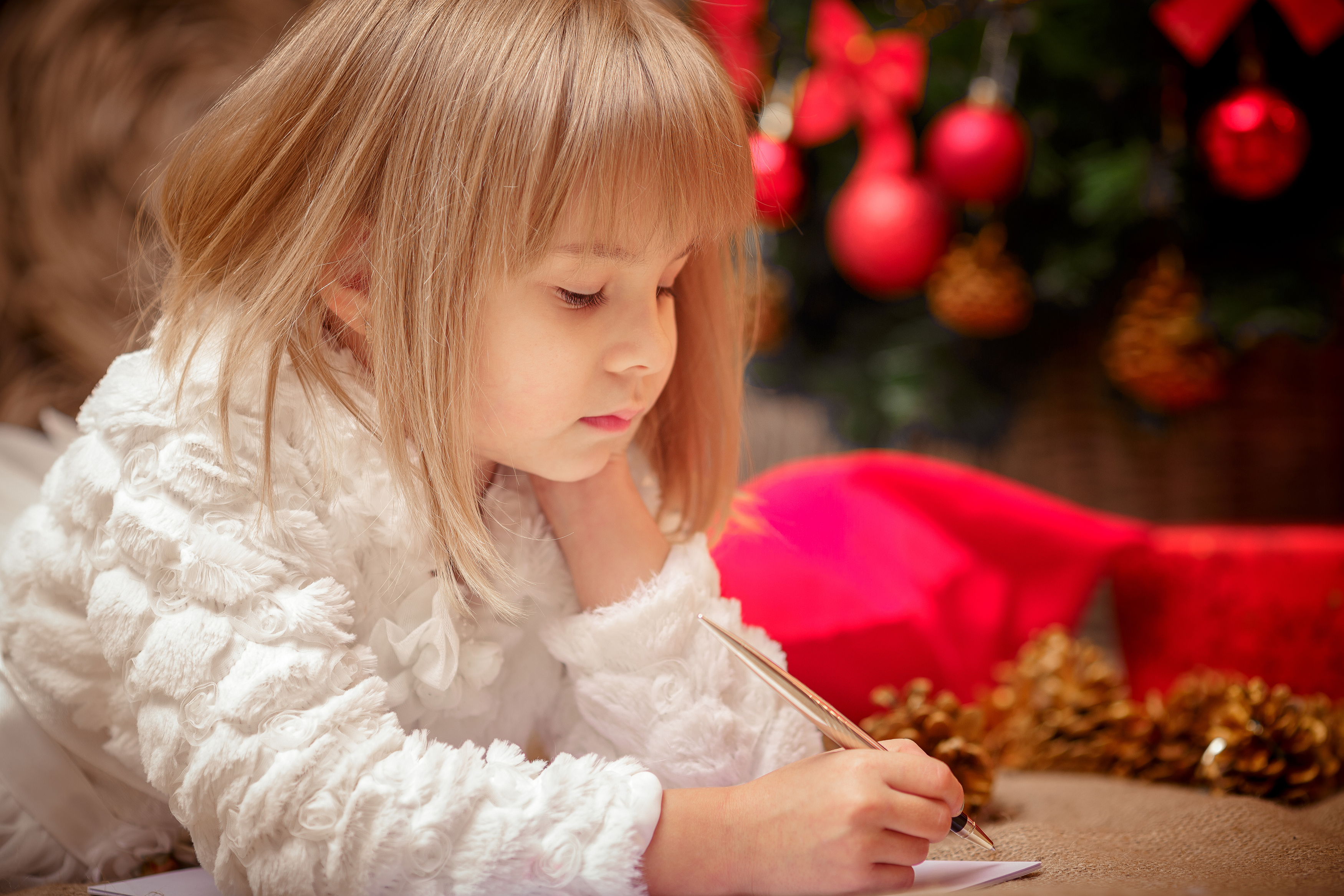
Copyright: Producer
Here are some signs of good practice in celebrating holidays
Parents and teachers ask themselves why children should learn about this holiday. Is it developmentally appropriate for those in the group? Why is it important to specific children and families?
- Activities are connected to specific children and families in the group. This helps children understand holiday activities in the context of people’s daily lives. Children should have the chance to explore the meaning and significance of each holiday.
- Children are encouraged to share feelings and information about the holidays they celebrate. This will help them make the distinction between learning about another person’s holiday rituals and celebrating one’s own holidays. Children may participate as „guests“ in holiday activities that are not part of their own cultures.
- Every group represented in the classroom is honored (both children and teachers). This does not mean that every holiday of every group must be celebrated or classrooms would be celebrating all the time! It does mean that once families and programs have decided on what holidays to celebrate, none should be treated as if they are „unusual.“ Children should recognize that everyone’s holidays are culturally significant and meaningful. Activities demonstrate the fact that not everyone in the same ethnic group celebrates holidays in the same way. Families may provide examples of their own unique traditions.
- Curriculum demonstrates respect for everyone’s customs. If children are observing different holidays at the same time, the values and traditions of each child’s culture should be acknowledged.
- Focus is on meaningful ways to celebrate holidays without spending money. Families may find certain holidays stressful due to the amount of commercialization and the media pressure to buy gifts. Teachers can help by showing children that homemade costumes and cards are very special, and celebrating can be joyful without gifts.
Holidays as cultural concepts
As part of their social development, children learn about themselves, their families, their community and the role of traditions and holidays in establishing cultural identity and unity. How and what they learn in this process shapes their values and beliefs later in life. Children learn best by seeing, doing, and being a part of a new experience. Early childhood professionals can build on holiday experiences to help children develop empathy and understanding for other people and ideas. Learning about holiday celebrations, especially ones celebrated by other students in their classroom, children will appreciate what is important to their friends and neighbors and embrace the increasingly global and diverse world around them.
For adults, it is easy to become stressed over the commercialism of holiday celebrations. Therefore, we should help children develop healthy behaviors and attitudes toward the holidays by giving them the opportunity to experience the true spirit of these special days common to all cultures.
Do you think that learning and celebrating holidays all around the world benefits your child?
What is your experience so far? Have this way of exploring other cultures helped your child to be more understanding and open-minded?

